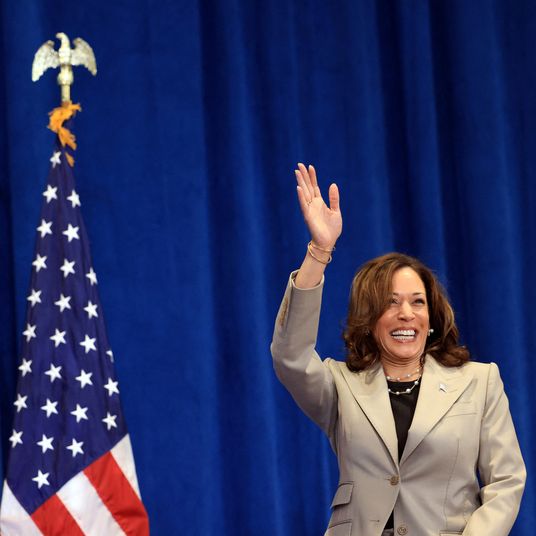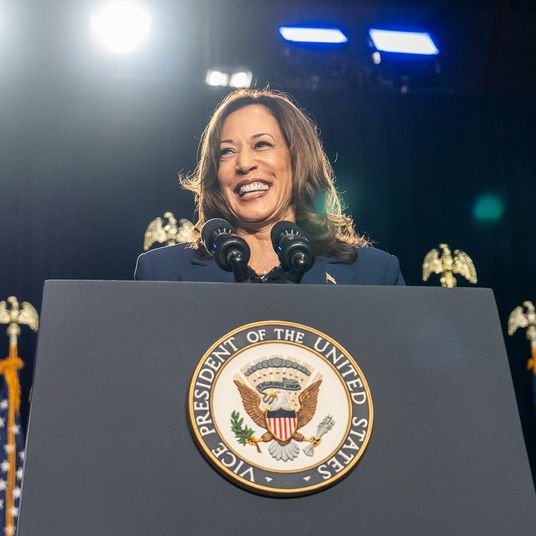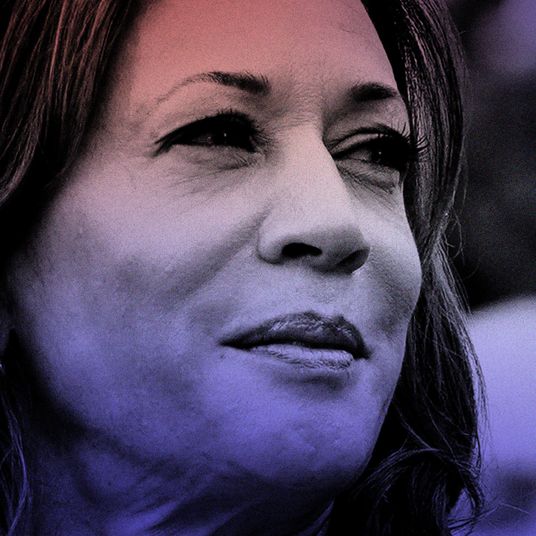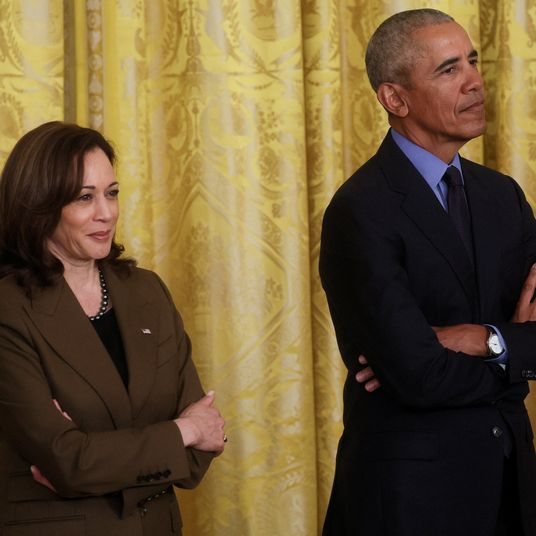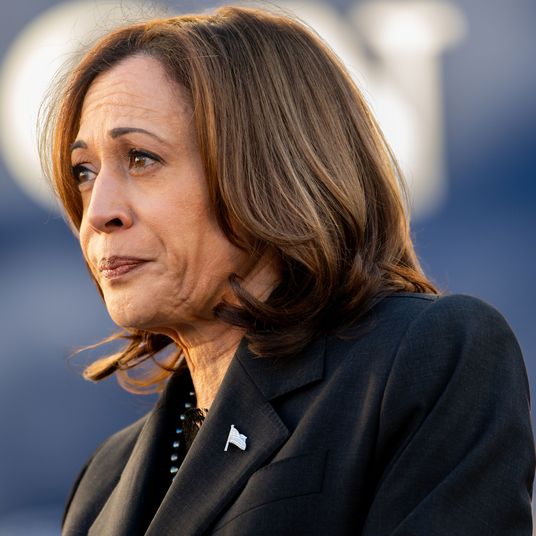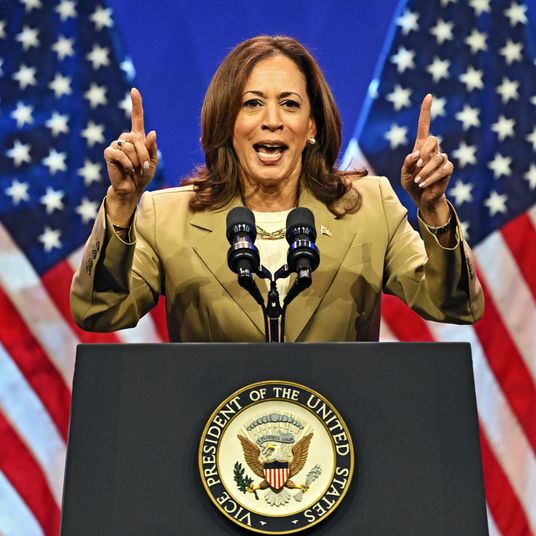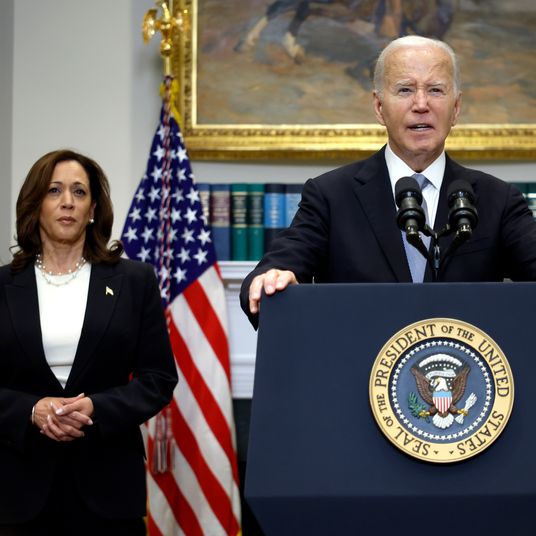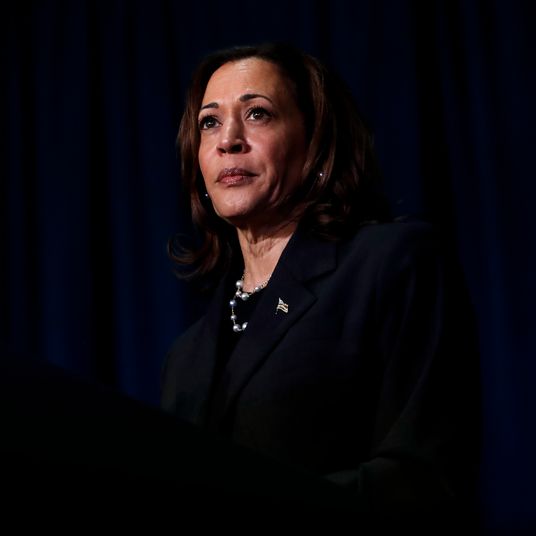
I first encountered pollster and political strategist Mark Penn in 1995, when I was running a training program for members of Congress for the centrist Democratic Leadership Council. Penn had recently been brought into the Clinton orbit by Dick Morris (himself brought into the White House by Hillary Clinton); together they were orchestrating the president’s 1996 reelection campaign. Fittingly, Penn accompanied Morris to the DLC session, though for the most part he sat on the dusty floor in his suit while Morris regaled the Members with an intensely cynical rapid-fire presentation on what they should embrace and avoid in the world of policy (“Medicaid managed care — goooood; Medicare managed care — baaaad!”). When Morris left with Penn in tow, I turned to the person next to me and said: “Do you smell the brimstone?” And I was one of the duo’s political allies.
Morris was famously ejected from ClintonWorld right as the 1996 general election was getting underway after a prostitute disclosed he was giving her access to confidential White House information, and even letting her listen in to conversations with the Big Dog. Penn got to stick around for the campaign and the rest of the Clinton presidency, where he often battled with liberals and counseled his boss on how to appeal to culturally conservative voters without compromising his Democratic support. I also recall attending a 1997 House Democratic Caucus retreat in which Penn showed up conspicuously late for a panel and performed diffidently at best. He clearly didn’t care; his only client was in the White House.
His polling (for major corporations before he got into politics) was sometimes innovative and insightful, but wasn’t very transparent, and often seemed aimed at getting politicians to focus obsessively on narrow categories of swing voters and promote equally narrow policies to appeal to them. Indeed, in a mixed but somewhat positive review I wrote in 2007 about a book he published, I called him the “strategist of small things,” which probably wasn’t the best reputation for someone seeking to guide a party looking for a bold progressive challenge to the Bush presidency and Karl Rove’s GOP.
Soon afterward, Penn was the “chief strategist” and often the public face of Hillary Clinton’s unsuccessful 2008 presidential campaign. The Guardian subsequently made this assessment of the job he did:
As the Clinton bandwagon shudders to a halt and the blaming begins, Penn has been blamed more than anyone: for being arrogant and complacent, for urging Hillary to run as the “inevitable” winner, for failing to see the electorate’s hunger for change, for devising a victory plan based on elementary misunderstandings of the voting system, and for hubris in refusing to give up his lucrative lobbying work while masterminding her candidacy. When the New Republic magazine asked Clinton staffers to explain, off the record, why her campaign went so wrong, one responded with a list: “1. Mark Penn, 2. Mark Penn, 3. Mark Penn.”
Returning to his very lucrative polling for the corporate world, Penn probably laughed all the way to the bank. But even before he was barred from participation in HRC’s 2016 campaign, his tenuous ties to the Democratic Party seemed to steadily fray. As my colleague Jonathan Chait noted in 2011, Penn almost parodied the Clintonian triangulation strategy Morris promoted back in 1996:
Penn’s idée fixe is that the Democratic Party’s fate hinges upon currying favor with the rich. His latest column consists of him, naturally, expressing deep horror at Obama’s proposals to raise taxes on the affluent as part of a long-term deficit-reduction plan, which he decries as “class warfare.” Penn uses the column to set out his version of modern political history, in which the Democratic Party’s political fortunes rise in direct proportion to their disavowal of the horrors of class warfare.
In addition to his drumbeat of attacks on “class warfare,” Penn offered an increasingly more conservative revisionist history of the Clinton presidency as a guideline to latter-day Democrats. It’s hard to know if this was a conscious preparation for his later defection to the other side, though as I noted (also in 2011) the path to apostasy was clear enough:
How many Clintonistas like Penn and Doug Schoen or Fox Democrats like Pat Caddell will be able to bring themselves to stop attacking today’s Democratic Party as an aberration from its proud past, and start attacking their own heritage and their own former bosses?
Penn did manage to avoid any real public criticism of Hillary Clinton in 2016. But once she was defeated, his movement into friendship toward and then advocacy of Donald Trump was steady and unmistakable. In a column for The Hill and then on Fox News, Penn quickly became a sycophant, as (again) Jonathan Chait tartly noted just before the 2018 midterms:
Penn’s latest paean to the greatness of Trump offers a disturbing window into the vacuous mind of one of the worst people to work in Democratic politics in the last generation …. Penn’s thesis is that, despite the predicted wave election he faces Tuesday, Trump has brilliantly outmaneuvered all his enemies. “His political survival after two years in office,” gushes Penn, “is a modern-day miracle.”
After the midterm, Penn’s mendacity reached new lows when he co-wrote a column predicting flatly that his former boss Hillary Clinton would run for president again in 2020, as a leftist, and would “easily” win the Democratic nomination, presumably before succumbing again to the brilliant and successful Trump. It’s as though Penn had to deny even Hillary Clinton’s claim to “Clintonism” so that he could deem it ruined and abandoned.
Well, now Penn seems to have reached his inevitable destination. After repeatedly attacking all of Trump’s foes, including the threat represented by the Mueller investigation, Penn got to visit the White House once again, as the New York Times reports:
Mark J. Penn, one of the primary architects of President Bill Clinton’s 1996 re-election campaign, met briefly with President Trump in the Oval Office last week, according to two people in attendance.
The face-to-face meeting, the first between Mr. Trump and a onetime loyal adviser to the Clintons, marked what some saw as the inevitable conclusion of Mr. Penn’s long-running political metamorphosis.
So far as we can tell, Trump didn’t offer Penn a job, and Penn didn’t ask for one. But he’s now so clearly a former Democrat that he may have trouble trading on his service to the Clintons any longer.
In his journey to Trumpland, Penn has again followed his mentor Dick Morris, who became a fixture on Fox News before making such a fool of himself in predicting a massive 2012 Romney landslide that even that precinct of conservative spin got rid of him in embarrassment. Morris billed himself as a regular adviser to Donald Trump in 2016, though his day job was as “chief political commentator” for Trump’s friends at National Enquirer.
Both Morris and Penn have validated all the negative leftist stereotypes of Clintonism being a cynical corporate-serving, poll-driven scam aimed at moving the political system to the right. These two men should be struck by lightning for any further boasting of their association with the 42nd president and his first lady. And wherever they go, we can still smell the brimstone.







